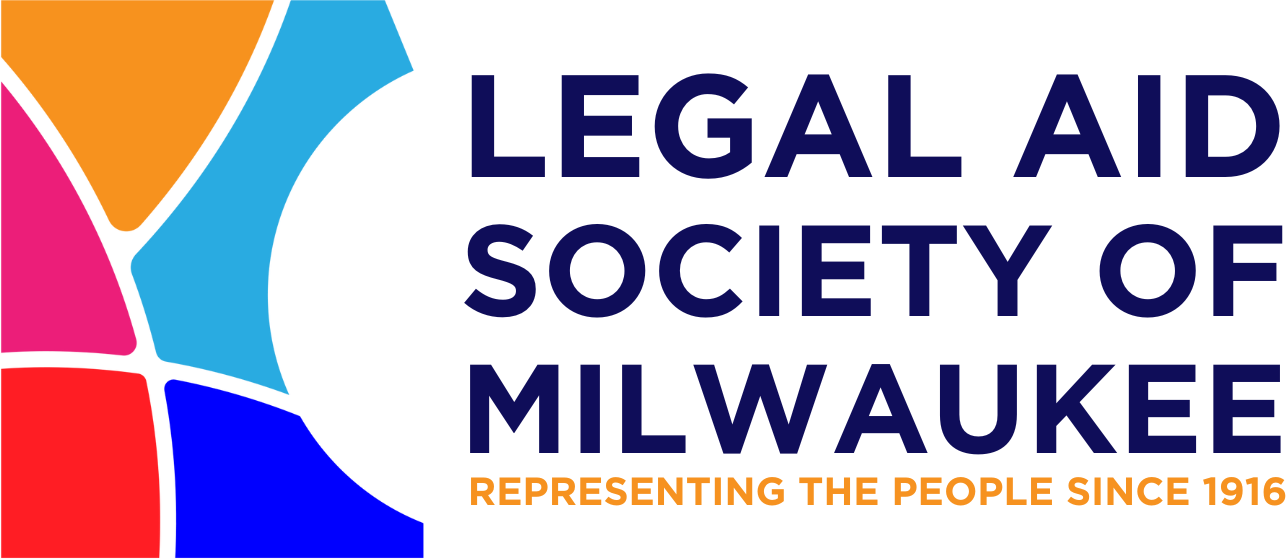What You Need to Know About Bankruptcy?
There are two types of bankruptcy typically used by consumers – Chapter 7 and Chapter 13. Legal Aid only utilizes Chapter 7 for our clients because it allows the discharge of many debts like credit cards, medical debt, most car accidents, utility debts, payday loans and more. When you file Chapter 7, you are doing so because you have no other options. That’s where Legal Aid comes in. We can help you to determine the best option for your situation and counsel you about whether Chapter 7 will achieve your goals. Since you can only get a Chapter 7 discharge every 8 years, it is important to file at the right time. If bankruptcy isn’t right for you right now, we can help you to understand your credit and debt options and assist you to stop harassing phone calls from debt collectors. You don’t have to deal with this alone!
Student Loans
Legal Aid helps people with many types of education debts, including both private and federal loans. This includes applications for discharges due to disability, because of school closure, fraud by a for-profit school or because of public service. Our attorneys also help people to understand income-driven repayment plans and how they operate. We can help you cut through the noise surrounding these issues and provide actionable steps to help you deal with your loans. For some clients, examining whether they should try to use the new procedure to get a discharge of their student loan as part of a bankruptcy filing may be needed. We have lawyers on staff who are familiar with both student loans and bankruptcy, to give you the most accurate advice possible.
Car Loans and Auto Fraud
These days, most people will find themselves in need of a vehicle to get to work or take their children to school. Buying a car can be a difficult proposition with pages of contracts and various add-on products that dealerships try to sell. It is hard to use “buyer beware” when there are so many tactics being used to get you to buy a car on the spot. If you have been the victim of an unscrupulous auto salesperson or unlawful financing transaction – we can help!
Garnishment
If you have a judgment against you, you may receive paperwork afterward, including a Financial Disclosure Statement which you are required to complete. If you are employed, you may receive a garnishment notice. For those who receive FoodShare or medical assistance, you are exempt from being garnished under Wisconsin law. But to stop the garnishment, you must submit an Answer form to your employer right away. We can help you to submit a Garnishment Answer to your employer to stop them from taking money from your paychecks.
